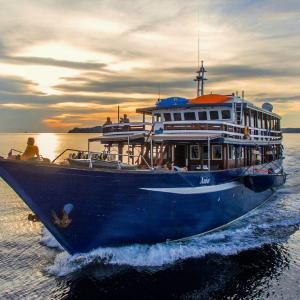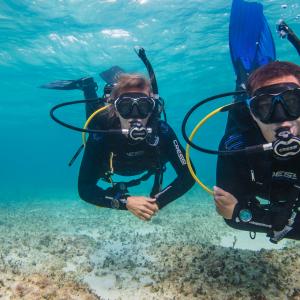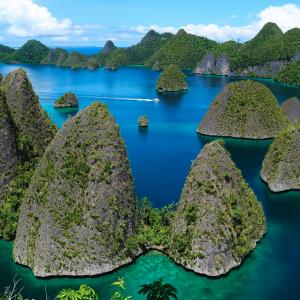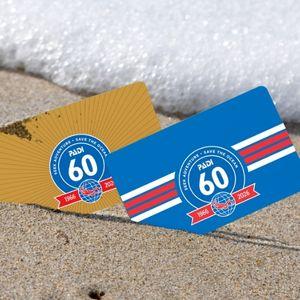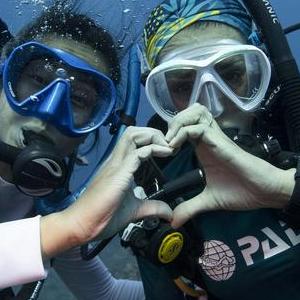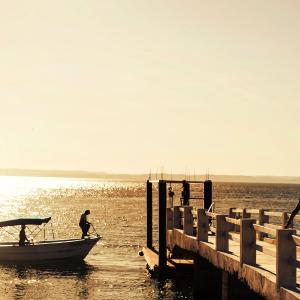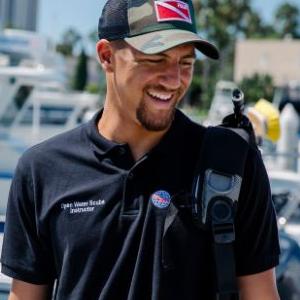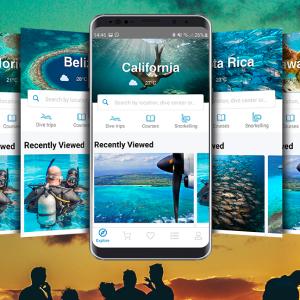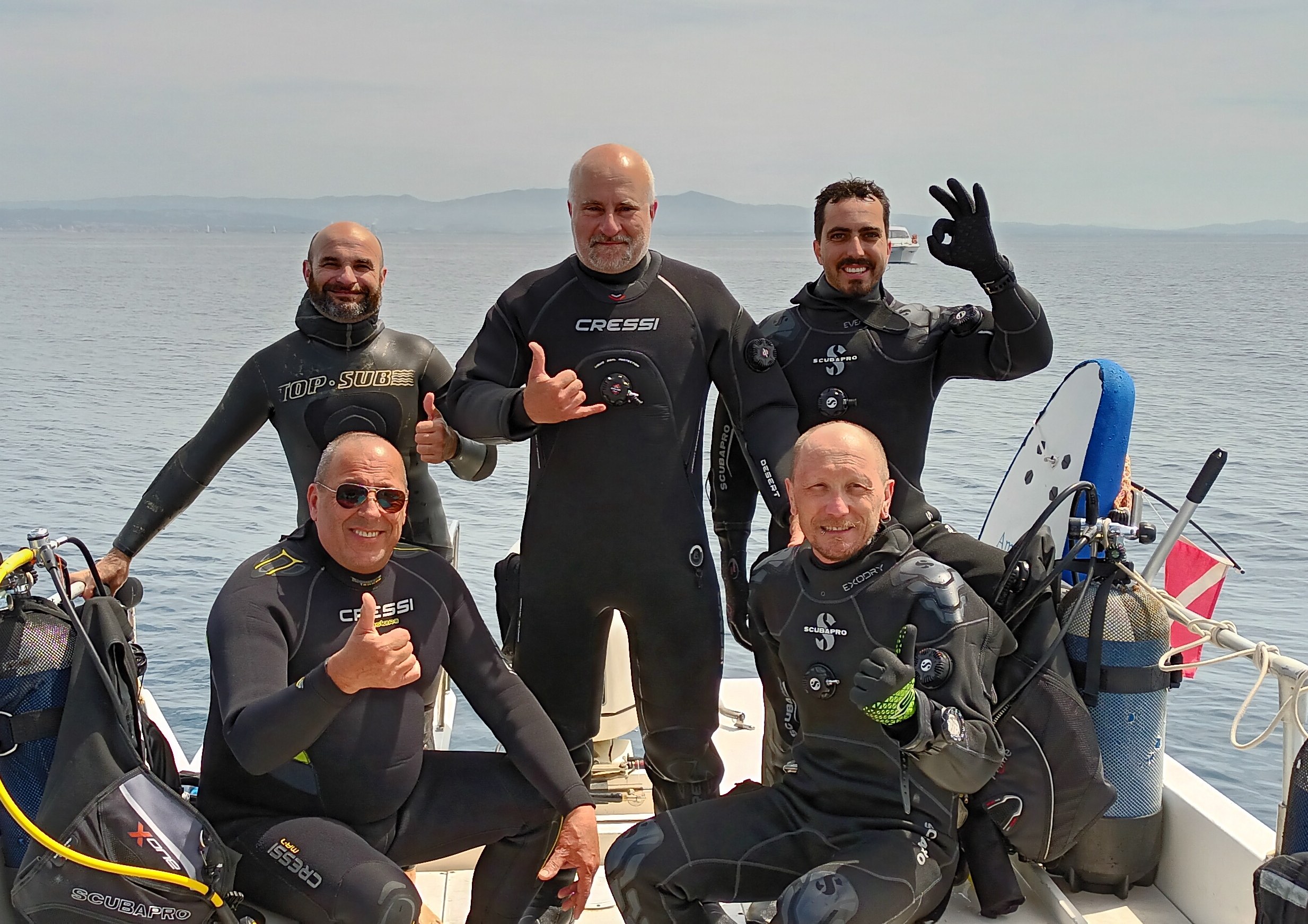
7 PERLE A.S.D.
2022 PADI AWARE Grantee
Survey areas of high biodiversity and environmental value in the Mediterranean for conservation.
7 PERLE A.S.D. in Pisa Italy wants to save the Red Coral Reef. To do so, they are surveying areas of high biodiversity and environmental value to better inform regulations and enforcement of conservation measures. Their PADI AWARE Foundation Community Grant will allow them to continue this work and engage their local community.
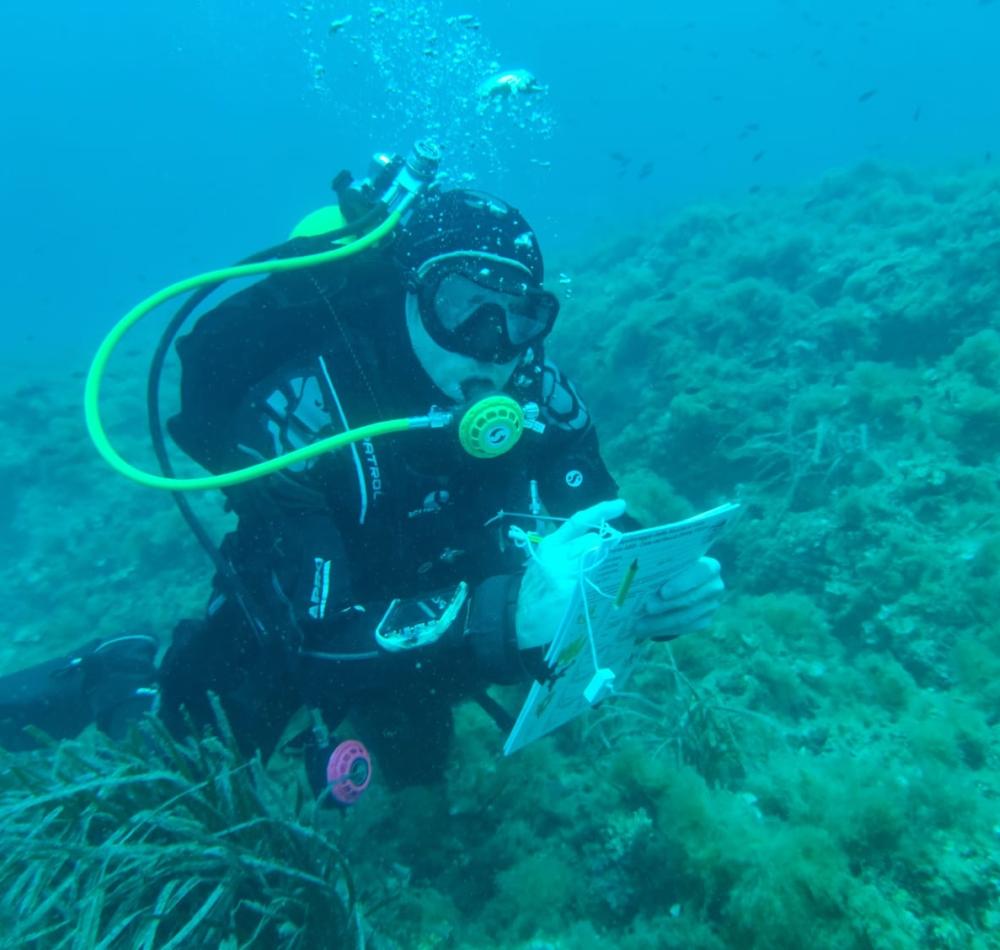
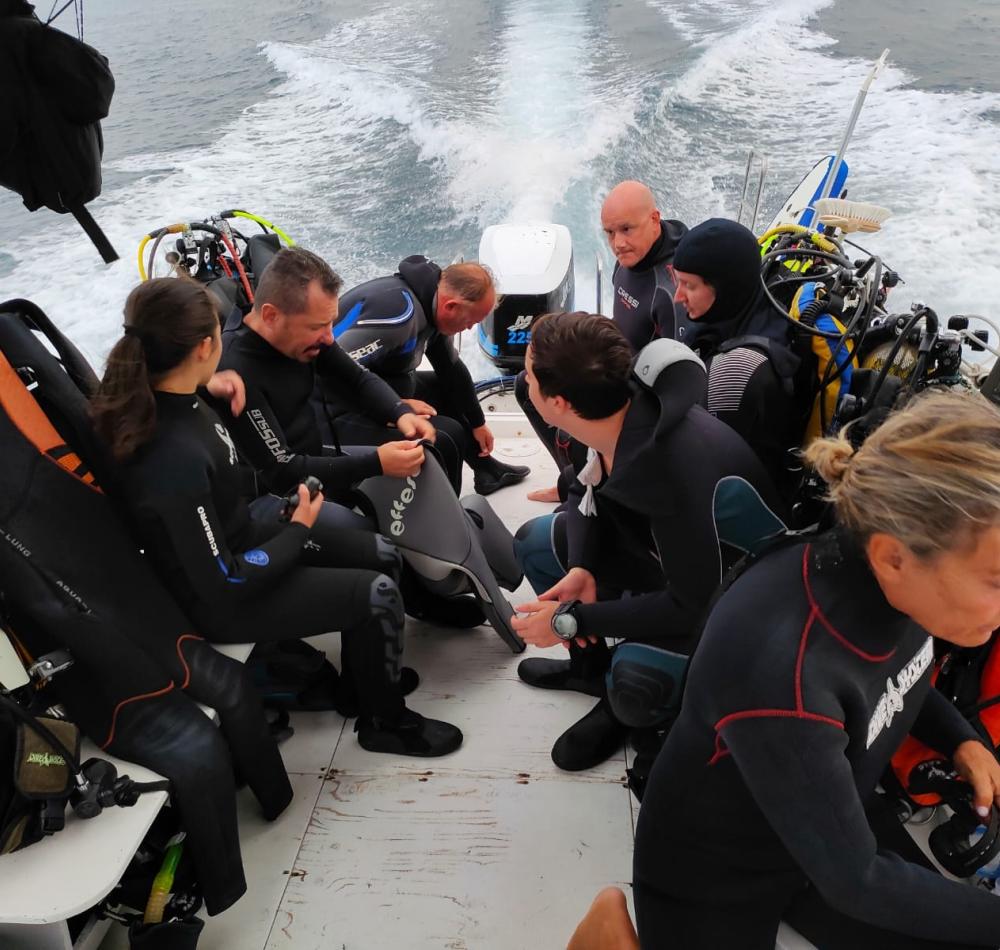
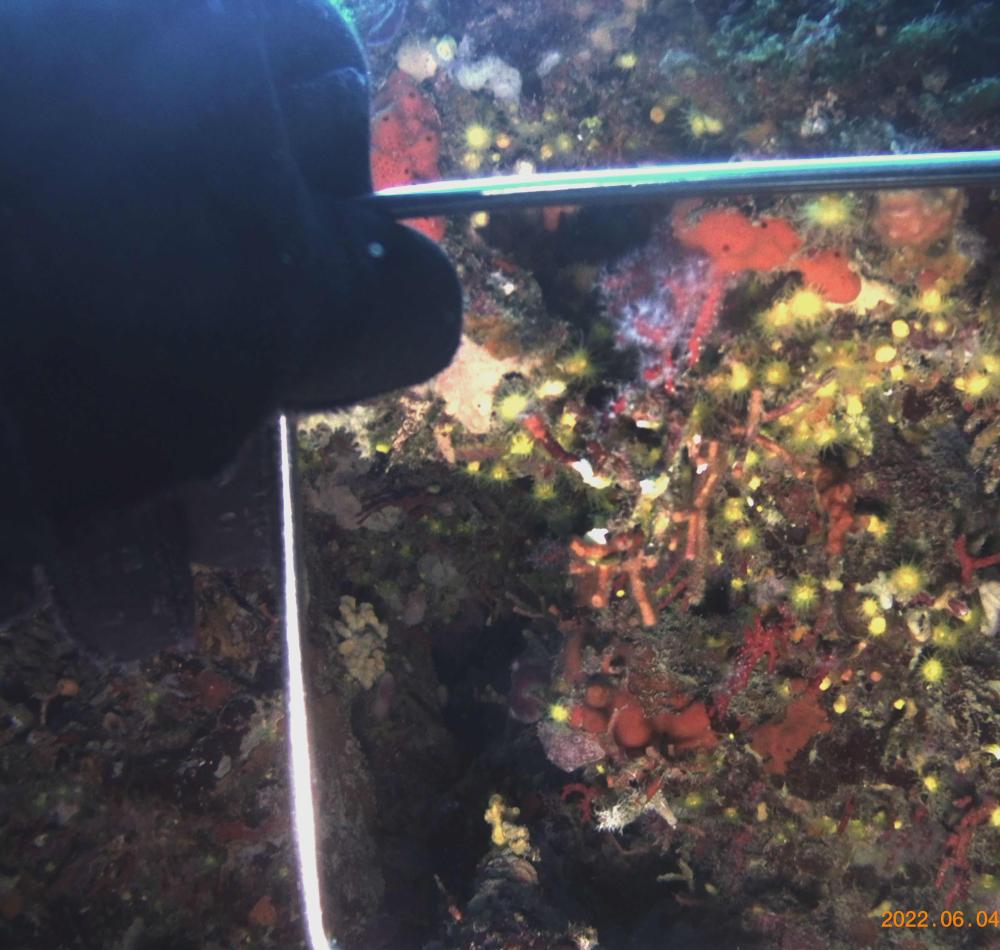
"We together are the ocean, the ocean needs us and we need the ocean."
For Ugo Nesto of 7 PERLE A.S.D., the ocean evokes feelings of “immensity, wonder, fragility” – and, importantly, action. That’s because Nesti and 7 PERLE A.S.D. aren’t going to let their Red Coral Reef continue to degrade without taking action.
Globally, coral reefs are critical ecosystems. Despite covering less than 2% of the ocean floor, reefs support more than 25% of marine life. They do this by providing nursery and foraging habitats, structures, and more. The vast array of ecosystem functions that coral reefs provide allows for great biodiversity of life to thrive around them. This biological richness has earned coral reefs the nickname “rainforests of the sea.”
The animals of the reef are interdependent on each other and the reef for survival. Indeed, many famous inter-species relationships exist – such as coral and their symbiont algae Zooxanthellae, clownfish and sea anemones, and sharks and cleaner shrimp.
Unfortunately, coral reefs are also suffering a “death of a thousand cuts.” Threats include poor water quality, sedimentation, boat anchors dragging, overuse, overfishing, and, of course, increasing water temperatures and acidity due to climate change. Reducing any one of these helps to alleviate stressors on the reef, therefore allowing more species to thrive.
The main environmental problem of this millennium is overfishing, and the use of environmentally unfriendly fishing techniques, this not only impacts in the depletion of fish stocks but also heavily impacts the benthic organisms that live in the areas being fished, often these are organisms of valuable ecological value, or endemic species, such as in our case red coral. Fishing should therefore be regulated in areas with less impact on bottom benthic communities. This is possible in two ways: on the one hand by acquiring the necessary information about the quality of the habitat under study, so that the local authorities can implement a series of restrictions/regulations on fishing activity; on the other hand, it is important to make citizens aware of the wonders and fragility of what is in the sea by creating torchbearers of the sea, citizen scientists who can spread this message.
That’s where this project comes in. “[The funding] will allow me to carry out my project on fisheries regulation in this sensitive and high biodiversity value area,” said Nesti, “and to create informed citizen-scientists.”
The hope is that the data and the local engagement can help convince local governing agencies to regulate fishing activities and enact other conservation measures. By reducing overfishing and other extractive activities, the hope is that the reef could recover more quickly. With their grant money, 7 PERLE A.S.D. will also establish a biological monitoring program to protect delicate habitats from intensive fishing pressure. Some of these habitats include endemic Mediterranean seagrasses – another critical ecosystem that is linked to coral reefs. Success, for 7 PERLE A.S.D. would be providing data on the degree of biodiversity to competent local authorities to allow them to begin forming a Site of Community Interest in the area. This would have accompanying regulations on fishing activities, Nesti said.
Accomplishing this would leave Nesti “truly happy and proud."
Want to see more of 7 PERLE A.S.D. in action?
You can follow along with 7 PERLE A.S.D. and their biodiversity mapping project on their Website, Instagram, Facebook, or on https://www.padi.com/aware.

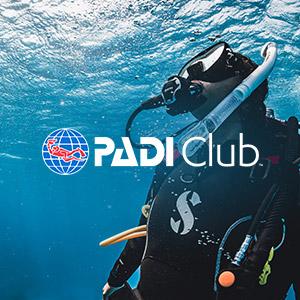
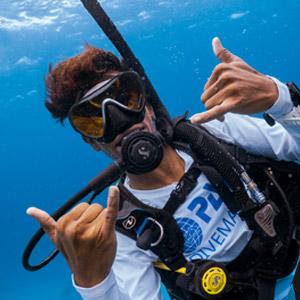

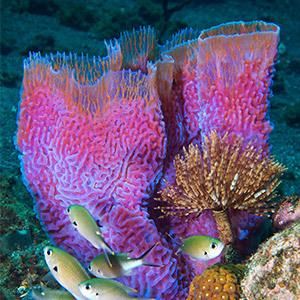
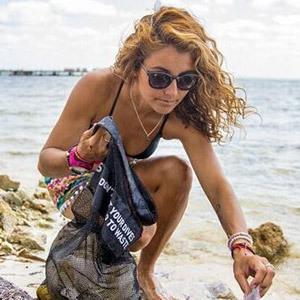

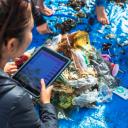 Marine Debris
Marine Debris
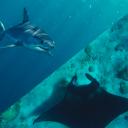 Shark & Ray Protection
Shark & Ray Protection
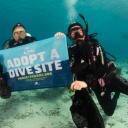 Adopt The Blue
Adopt The Blue

